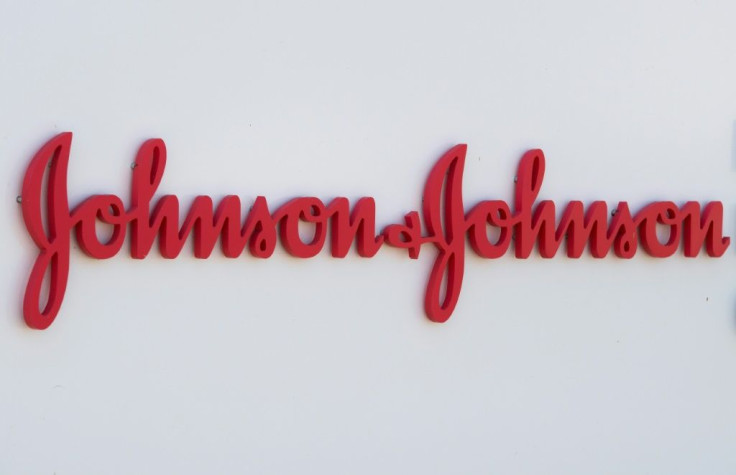J&J Recall: Aveeno, Neutrogena Spray Sunscreens Recalled Over Carcinogen Traces
KEY POINTS
- J&J is recalling five sunscreen products after it detected traces of benzene in some of the samples
- Benzene is classified as a "carcinogen to humans"
- The recall affects all lots of certain Neutrogena and Aveeno spray sunscreens
Johnson & Johnson (J&J) has voluntarily recalled some of its sunscreen products for containing a cancer-causing chemical.
The company announced in a statement Wednesday that it is recalling Neutrogena and Aveeno spray sunscreens after internal testing identified "low levels" of benzene in some of the product samples.
The recall affects all lots of "Neutrogena Beach Defence aerosol sunscreen," "Neutrogena Cool Dry Sport Aerosol Sunscreen," "Neutrogena Invisible Daily Defense Aerosol Sunscreen," "Neutrogena Ultra Sheer aerosol sunscreen" and "Aveeno Protect + Refresh aerosol sunscreen."
They were packaged in aerosol cans and distributed nationwide through "a variety of retail channels." Images of the affected products, including the lot numbers and expiry dates, can be found on the company website.
Benzene is not an ingredient "in any" of its sunscreen products, the company noted. According to the American Cancer Society (ACS), benzene is classified as "carcinogenic to humans" by the International Agency for Research on Cancer (IARC) because of "sufficient evidence" that it can cause acute myeloid leukemia.
"Humans around the world have daily exposures indoors and outdoors from multiple sources. Benzene can be absorbed, to varying degrees, by inhalation, through the skin, and orally," the company said. "Based on exposure modeling and the Environmental Protection Agency's (EPA) framework, daily exposure to benzene in these aerosol sunscreen products at the levels detected in our testing would not be expected to cause adverse health consequences."
The company said it was recalling the products "out of an abundance of caution." It urged consumers to stop using the affected products and instead discard them "appropriately." They can contact the company for questions about the recall or to request for a refund.
Both J&J and the U.S. Food and Drug Administration (FDA) have urged people to continue using other broad-spectrum sunscreens or other sun-protection methods.
Americans should continue to use other broad-spectrum sunscreens with SPF 15 or higher in conjunction with other sun protective measures. Sunscreens come in many forms including sprays, creams, lotions, sticks, gels, oils, ointments, butters and pastes. https://t.co/s0oG4yL3jy
— U.S. FDA (@US_FDA) July 15, 2021
"Sunscreen use is critical to public health. Melanoma incidences continue to increase worldwide, and the majority of cases are caused by excessive sun exposure," J&J said. "It is important that people everywhere continue to take appropriate sun protection measures, including the continued use of alternative sunscreen."
Apart from using sunscreens to protect oneself from the sun, the FDA advises people to spend less time in the sun, wear clothing that can protect the skin, read the sunscreen labels to make sure it is used properly and wear sunglasses with a UV400 rating.

© Copyright IBTimes 2025. All rights reserved.






















